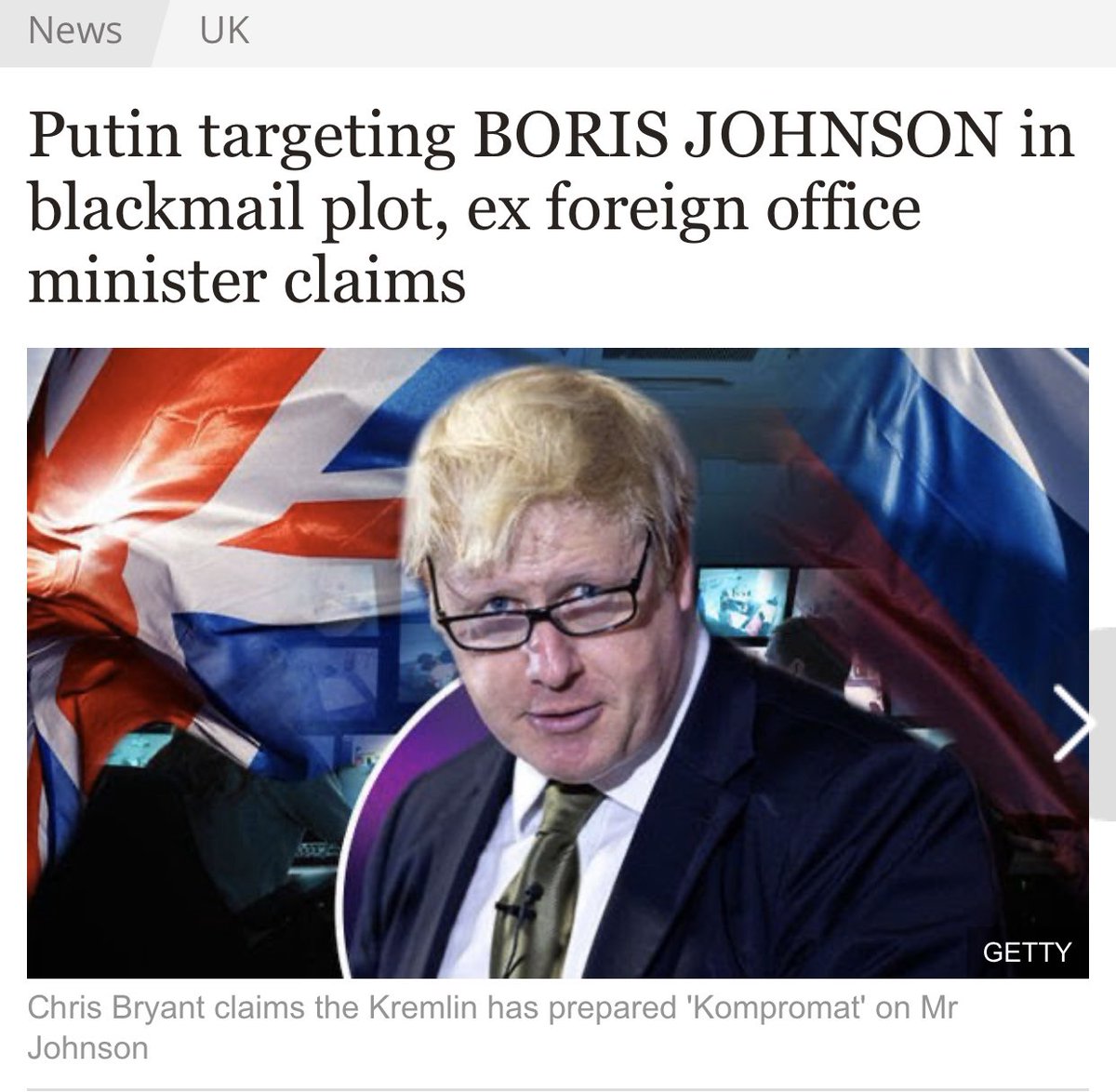Big money is supported by #Nationalism has been sold as ‘a war for the little guy’ but Brooke Harrington argues that it serves the interests of elites
Even richer is the irony that ultra-nationalist campaigns have been funded by wealth hoarded offshore, courtesy of the same global elites demonized by Bannon and other self-proclaimed nationalists.
Populist ultra-nationalism is a project bought and paid for by global elites and their tax haven wealth
This link between offshore finance and ultra-nationalism is not exclusive to the Anglo-Saxon countries. France’s Jean-Marie LePen
These wealthy individuals’ political inclinations may seem like relatively harmless self-interest, until you consider the power they have to realize their ambitions.
A London-based wealth manager made a similar observation about the extreme power imbalance between his multibillionaire clients and democratic regimes:
The rich know that they won’t bear any of the costs of populist movements.








